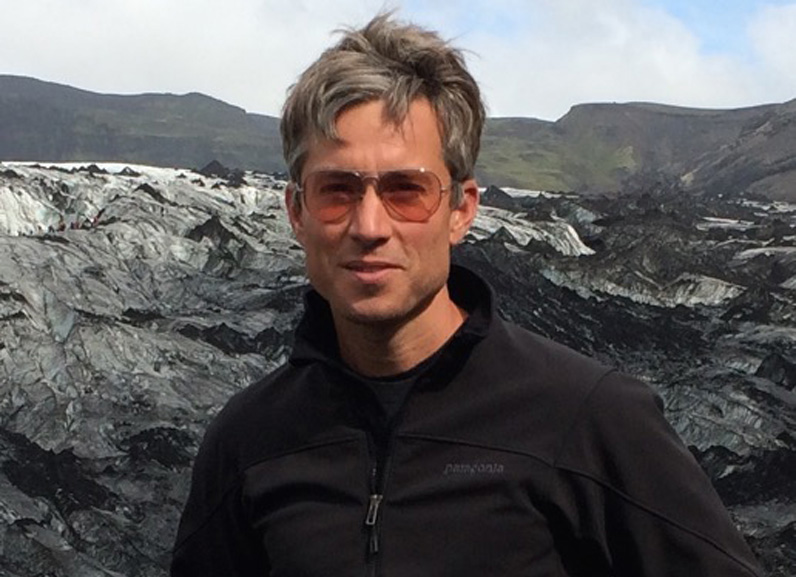
An Urban Ecologist Confronts Climate Change
For Timon McPhearson, the science couldn’t be clearer: More extreme weather events are on the horizon for New York City. The cause? Climate change.
“New York City is going to be warmer, with more frequent and intense storm events, such as heat waves, hurricanes, and flooding,” McPhearson says, citing a recent report from the New York City Climate Change Panel. “The impact could be severe.”
The projections, he says, are startling: a rise in mean annual temperatures between 4.1 and 5.7 degrees by the 2050s; an increase in mean annual precipitation between 4 and 11 percent by the 2050s; a tripling in the frequency of heat waves by the 2080s; and a rise in sea levels of 21 inches by the 2050s, 39 inches by the 2080s and as much as 6 feet by 2100.
Although there is much the Big Apple can do to decrease the magnitude of future climate-driven catastrophes, it is clear that we must adapt to a new climate, both present and future. By pooling resources and research with other cities, McPhearson says, New York “can find and implement small- and large-scale solutions to build resilience to climate-driven extreme events.”
“Networking across cities, institutions, and partners at all levels can provide the basis for cities to take advantage of the latest suite of solutions available,” adds McPhearson, assistant professor of urban ecology in the Schools of Public Engagement.
New York City will have just that opportunity as The New School launches and co-leads the Urban Resilience to Extremes Sustainability Research Network (UREx SRN). Funded through a $12 million grant from the U.S. National Science Foundation, the project creates an interdisciplinary and geographically dispersed team from nine cities to develop new methods and tools to protect urban populations and infrastructure from the effects of heat waves, storms, and flooding.
“The vision of the UREx SRN,” McPhearson says, “is to co-produce the knowledge needed to promote resilient, livable cities in a future that will look very different from today.”
Facing that future will take the expertise of people from many different fields. Echoing The New School’s multidisciplinary approach, UREx SRN will draw on the combined brainpower of social scientists, land-use planners, engineers, ecologists, climate scientists, policymakers, and the public. The project’s New York City team is composed in much the same way, benefiting from the collaborative efforts of students and faculty from The New School, CUNY Hunter, New York University, City Hall, the New York City Department of Parks & Recreation, the Science and Resilience Institute at Jamaica Bay, the Municipal Art Society, and eventually dozens more civic organizations and foundations.
Each team will contribute to and employ a “sophisticated scenario model,” McPhearson says. Taking a holistic view of the urban landscape, the model will gather and integrate information on social demography, land use and land cover, roads and other built infrastructure, and climate and other variables from project cities to enable a better understanding of how cities function and forecast how they will change in the future.
“This is a novel modeling approach that gives us the ability to pinpoint planning or policy goals that will improve the physical structure of the city, as well as functions for absorbing storm water, resisting coastal flooding, or mitigating the urban heat island,” McPhearson says.
The project is in many ways a reflection of the core principles of The New School. Like this progressive university, UREx SRN stresses a multidisciplinary approach to problem solving and innovative thinking, with a focus on social justice and on-the-ground solutions.
“Climate-related disasters disproportionately affect residents of low-income areas, and this project will zero in on ways to keep those areas safer,” McPhearson says. “Residents of those areas, along with a large and diverse team of stakeholders, will work together to do just that.”